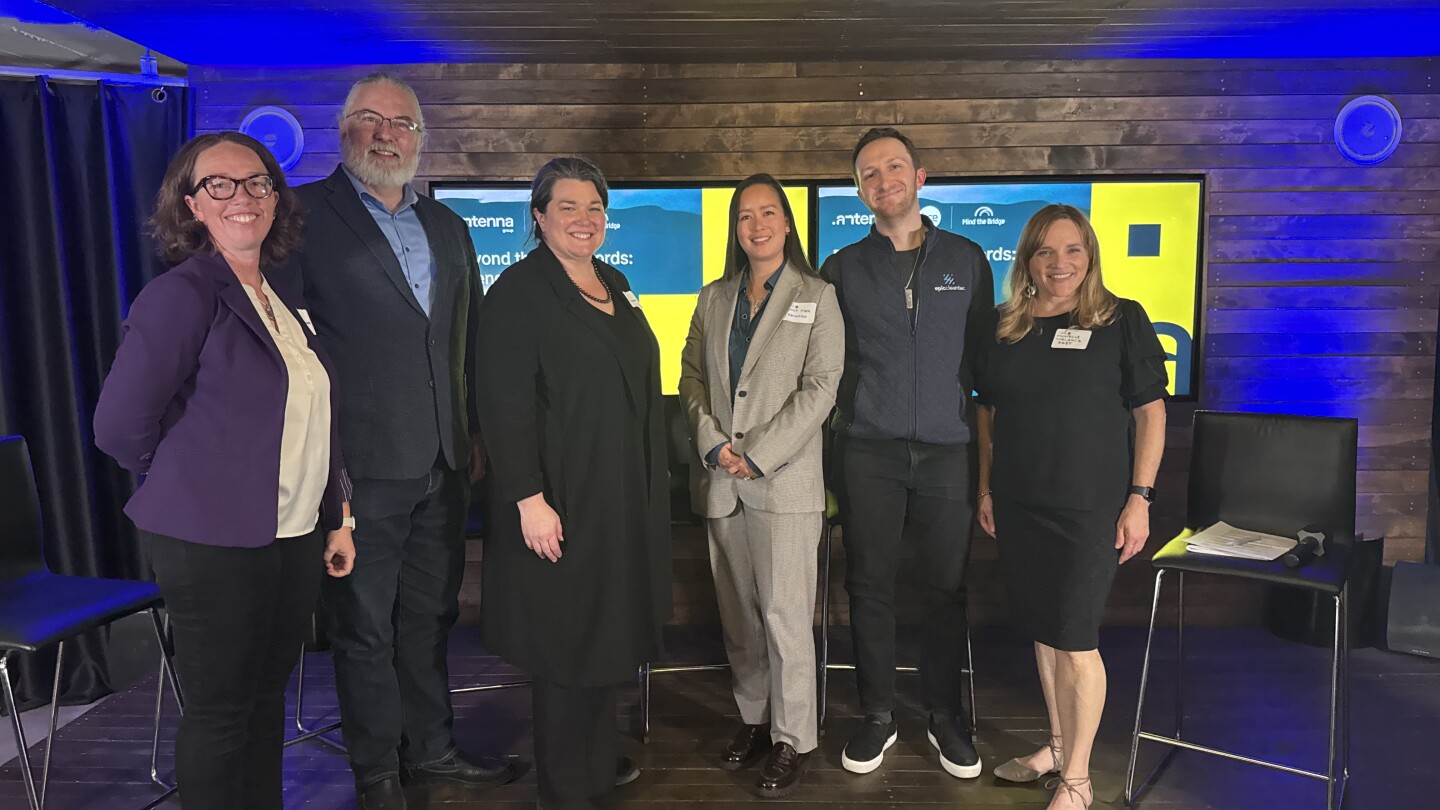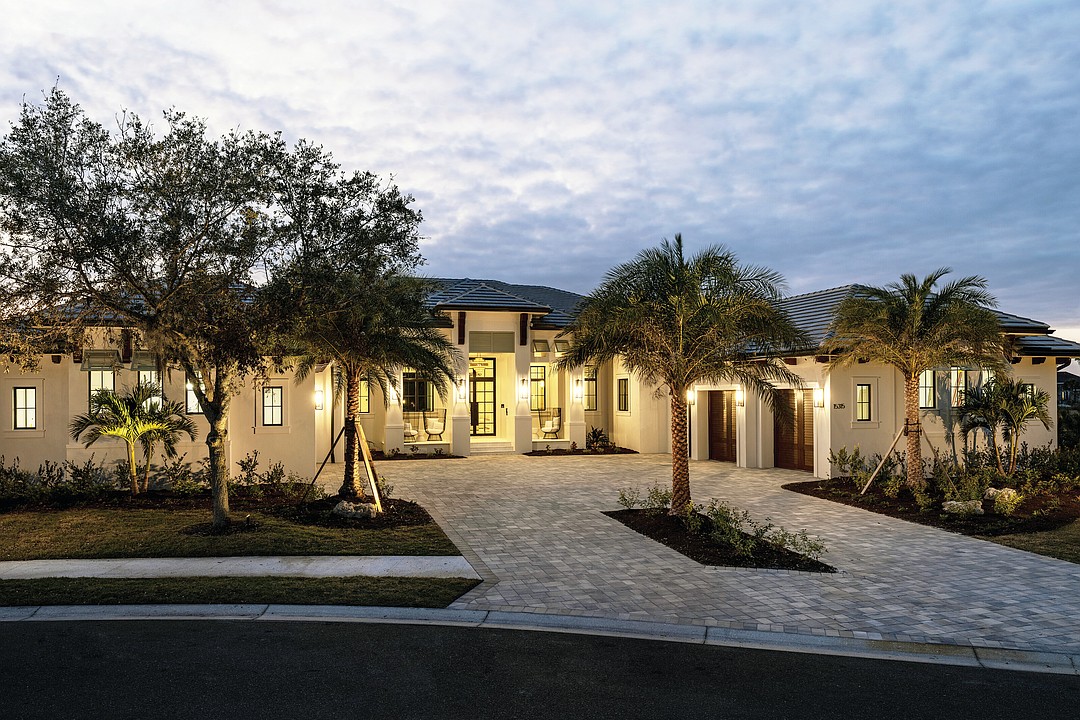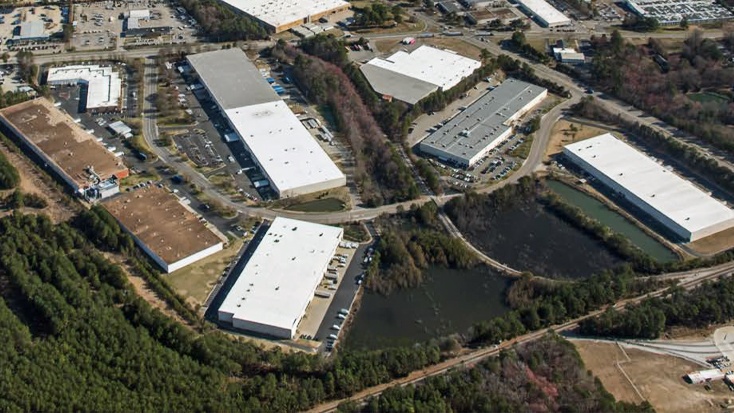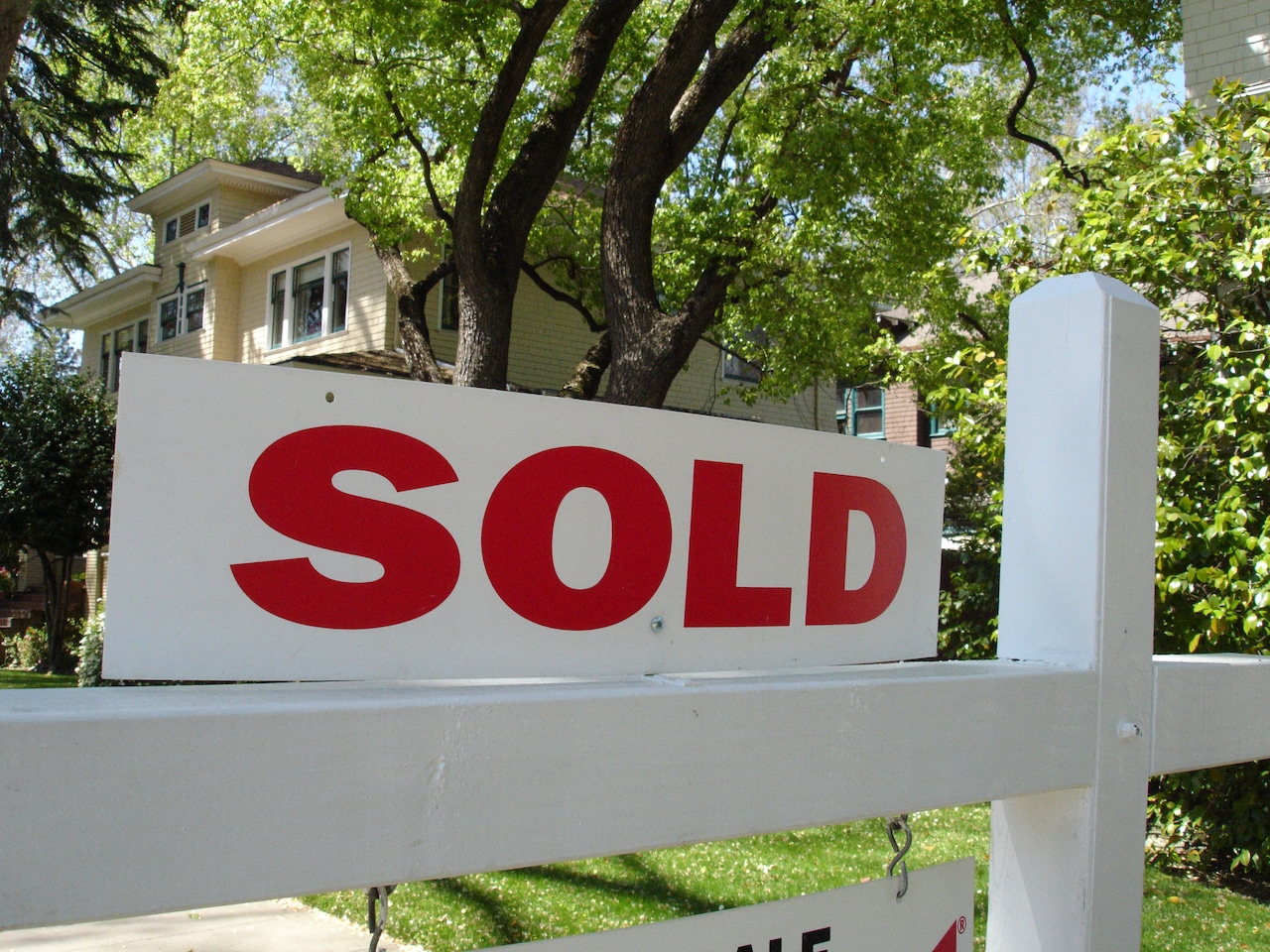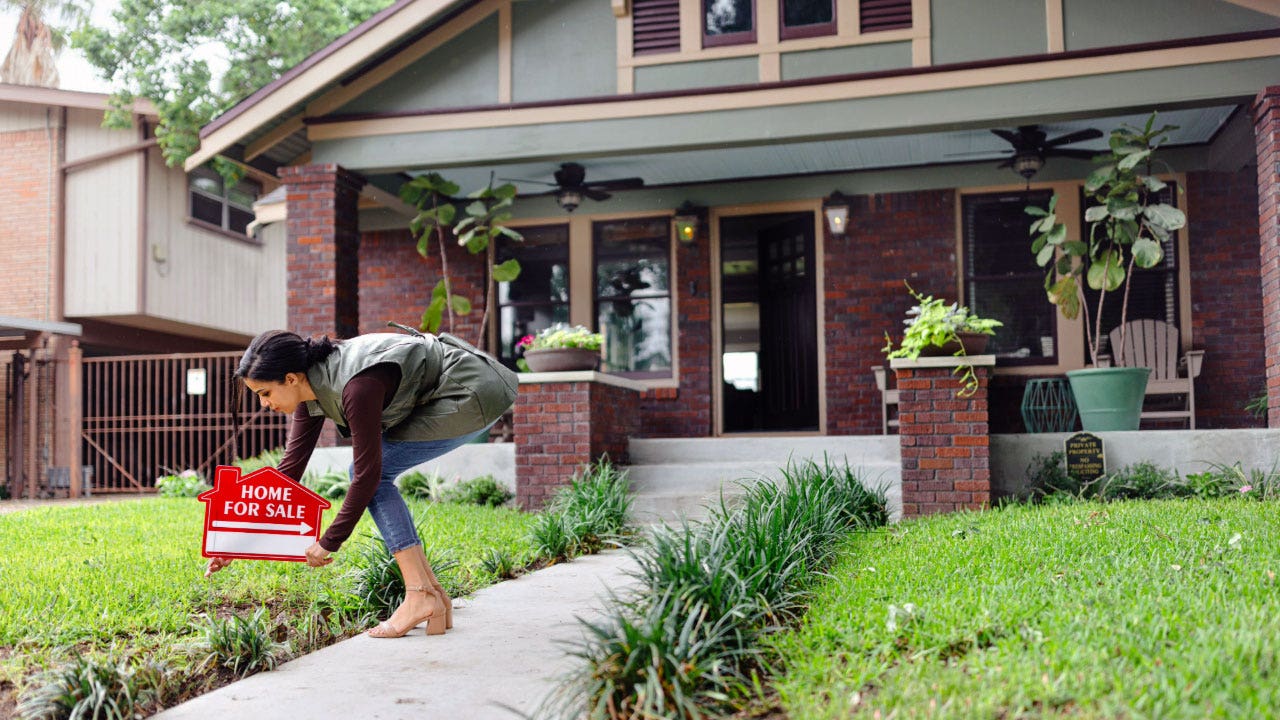I
n a world driven by environmental concerns and economic realities, the movement for sustainable commercial real estate has gained momentum despite shifting political tides. This was evident during SF Climate Week's panel "Beyond the Buzzwords: Strengthening Real Estate's Climate Narrative," featuring experts from prominent companies.
The language of sustainability may evolve depending on the audience, but core principles remain unchanged. Anica Landreneau noted that instead of using terms like "sustainability," practitioners might say "resources" or adapt their vocabulary to fit regional contexts. Tansy Mak emphasized the importance of creating localized standards for sustainability practices, while Breana Wheeler highlighted how terminology is adapted in different sectors, such as resilience in industrial settings.
Sustainability has transitioned from a marketing tool to a business imperative. Panelists agreed that organizations now prioritize transparent and accurate sustainability metrics due to regulatory implications. Landreneau noted that clients are driven by local regulations, global financial markets, and their policies, while Wheeler stated that investors focus on risk management, independent of federal policy changes.
California's pioneering role in sustainability efforts was also highlighted. Tim Smith emphasized the state's proactive legislation and long-term commitment to achieving carbon neutrality by 2045. The ripple effect of California's policies is significant, as other states often follow its lead, fostering a broader cultural shift toward sustainability.
The tenant perspective was also discussed, with Mak noting that commercial tenants are becoming increasingly sophisticated in their expectations for sustainability and wellness. Related California is exploring green leases to align tenant and landlord interests in emissions reductions. Landreneau mentioned that tenants are hesitant to occupy legacy buildings lacking necessary improvements due to potential costs associated with carbon-related fines.
The panelists also addressed the phenomenon of "green hushing," where companies refrain from discussing their sustainability initiatives for fear of scrutiny. Smith noted that SKS is censoring itself, while Tartakovsky emphasized the importance of focusing on business acumen and financial prudence in sustainability decisions. Wheeler characterized sustainability initiatives as a "longer play" driven by exit strategies and regulatory requirements.
This panel was organized by Antenna Group, BRE Group, and Mind the Bridge for SF Climate Week.
